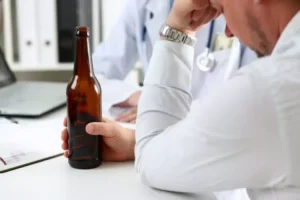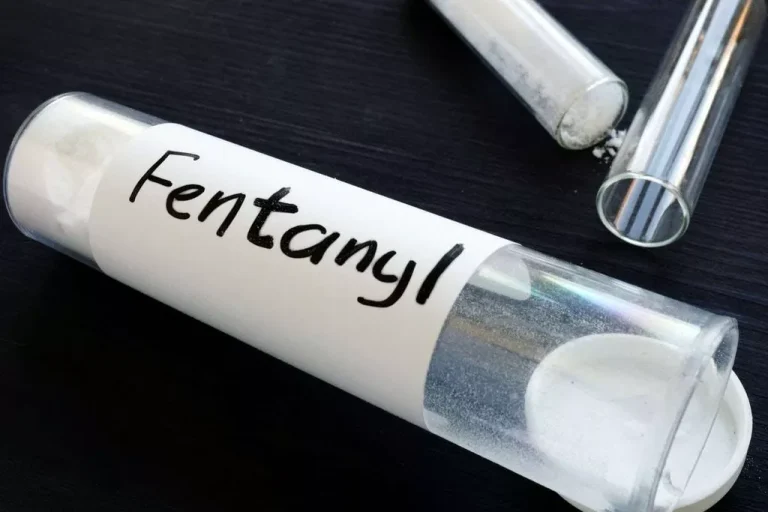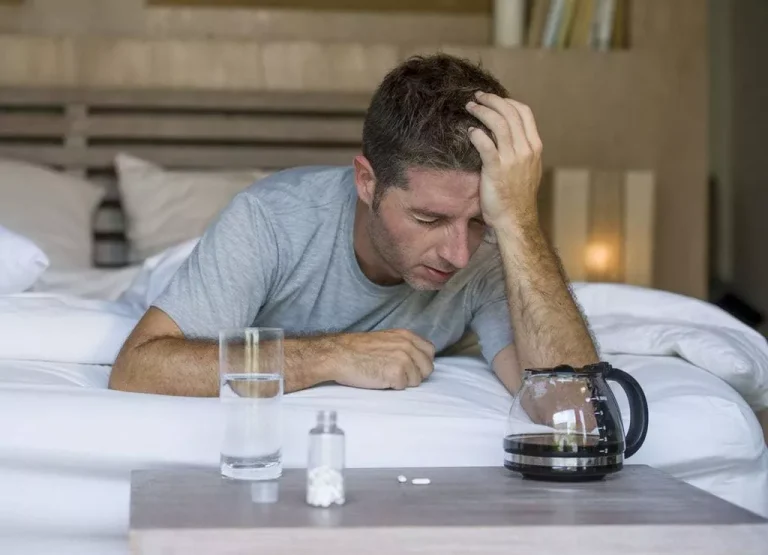After 24 hours without alcohol, your body will start to detoxify and you may experience withdrawal symptoms. The main ways to prevent alcohol withdrawal are to avoid alcohol altogether or to get professional help as soon as possible if you think you’re developing alcohol use disorder. It affects about 50% of people with alcohol use disorder who stop or significantly decrease their alcohol intake.
Ways to Be Safe and Healthy During the Holidays (That Have Nothing to Do With Weight)

If you already have alcohol use disorder, it’s important to seek counseling and medical care as soon as possible. The goal is to safely and gradually decrease your dependence on alcohol so that you can resume your daily life. Moderate drinking is officially defined as 1 drink or less per day for women and 2 drinks or less per day for men. However, if a person already has alcohol use disorder, they can help prevent some of the withdrawal symptoms by speaking to a doctor about safe withdrawal.
- Quitting drinking can have many important benefits for your physical and mental health, but there are many other types of benefits you may experience as well.
- If you’re addicted to alcohol and have been drinking heavily for years, you’re at risk for this complication.
- This is usually when people start to feel their best after giving up alcohol.
- If you are thinking about quitting drinking, talk to your healthcare provider.
Rapid Alcohol Detox: Side Effects And Risks
Thus, prompt appropriate treatment of withdrawal, even in patients with mild symptoms, may conceivably prevent the development of complicated, more severe withdrawal during subsequent episodes. Alcohol consumption spans a spectrum from low-risk to severe alcohol use disorder (AUD). Alcohol withdrawal syndrome poses a significant clinical challenge arising from the spectrum of AUD—a alcohol detox side effects prevalent condition affecting a substantial portion of the United States population. The frequency and setting for outpatient monitoring of AWS should be guided by symptom severity, risk of complications, and social factors, including reliable social support and a safe home environment. Blood pressure, pulse, and alcohol breath analysis should be obtained whenever possible.

Signs Of Alcohol Detox
- He never got a chance to plead his case or make amends to his child.
- These manifestations1 can range from mild insomnia to severe consequences, such as delirium tremens (DT’s) and even death.
- If you’re concerned about someone who drinks too much, ask a professional experienced in alcohol treatment for advice on how to approach that person.
- If you need help finding a primary care doctor, then check out our FindCare tool here.
- A person may notice initial symptoms after a few hours that could last for up to a week or longer.
In other cases, long-term alcohol exposure can increase a person’s risk of developing a psychiatric illness. A healthcare provider will also run tests to rule out other medical conditions that have similar symptoms of alcohol withdrawal or occur alongside withdrawal. These conditions include gastrointestinal bleeding, infection, intracranial hemorrhage (acute bleeding in the brain), and liver failure. The symptoms of alcohol withdrawal delirium include withdrawal seizures that can occur between 8 and 28 hours after your last drink. Signs of an impending seizure include tremors, increased blood pressure, overactive reflexes, and high temperature and pulse. Having a history of seizures increases your risk for withdrawal seizures.
Take Our Substance Abuse Self-Assessment
Ambulatory withdrawal treatment should include supportive care and pharmacotherapy as appropriate. Benzodiazepines are first-line therapy for moderate to severe symptoms, with carbamazepine and gabapentin as potential adjunctive or alternative therapies. Physicians should monitor outpatients with alcohol withdrawal syndrome daily for up to five days after their last drink to verify symptom improvement and to evaluate the need for additional treatment. Primary care physicians should offer to initiate long-term treatment for alcohol use disorder, including pharmacotherapy, in addition to withdrawal management. Heavy drinkers who suddenly decrease their alcohol consumption or abstain completely may experience alcohol withdrawal (AW).
The brain also begins to repair some of the damage and shrinkage you may have experienced while drinking. One study showed that after 6 weeks of abstinence from alcohol, brain volume increases by an average of 2%. When you stop drinking, various things happen to your mind and body. However, the nature and intensity of these effects can vary depending on how much and how frequently you drink. While occasional social drinking may not result in significant changes when you decide to quit, you may experience more significant effects if you have been drinking heavily for an extended time. It’s also important to note that delirium tremens can be life-threatening.

The 988 Suicide and Crisis Lifeline is available 24 hours a day at 988. During a crisis, people who are hard of hearing can use their preferred relay service or dial 711 then 988. There are many benefits to giving up alcohol, both short-term and long-term. If you’re considering quitting drinking, these benefits may be just what you need to help you decide. Of course, giving up alcohol is not always easy, and there may be some challenges along the way.
What triggers alcohol withdrawal?

Instead, the Diagnostic and Statistical Manual of Mental Disorders, 5th edition (DSM-5) uses the term substance use disorder (SUD). You may have increased seizures or life-threatening withdrawal symptoms if you stop using the medicine suddenly after long-term use. Valium is used to treat anxiety disorders, or alcohol withdrawal symptoms. Your healthcare provider will likely recommend that you don’t work or drive right after you start taking benzodiazepines.
What can I not eat or drink if I’m taking benzodiazepines?
Medical detox is an inpatient detox program that generally lasts three to seven days. Here you’ll find more information about how rapid alcohol detox works, the side effects of rapid alcohol detox, and how to find addiction treatment for alcohol abuse. Symptoms of alcohol withdrawal may begin up to eight hours after the last drink and typically peak within 24 to 72 hours.
